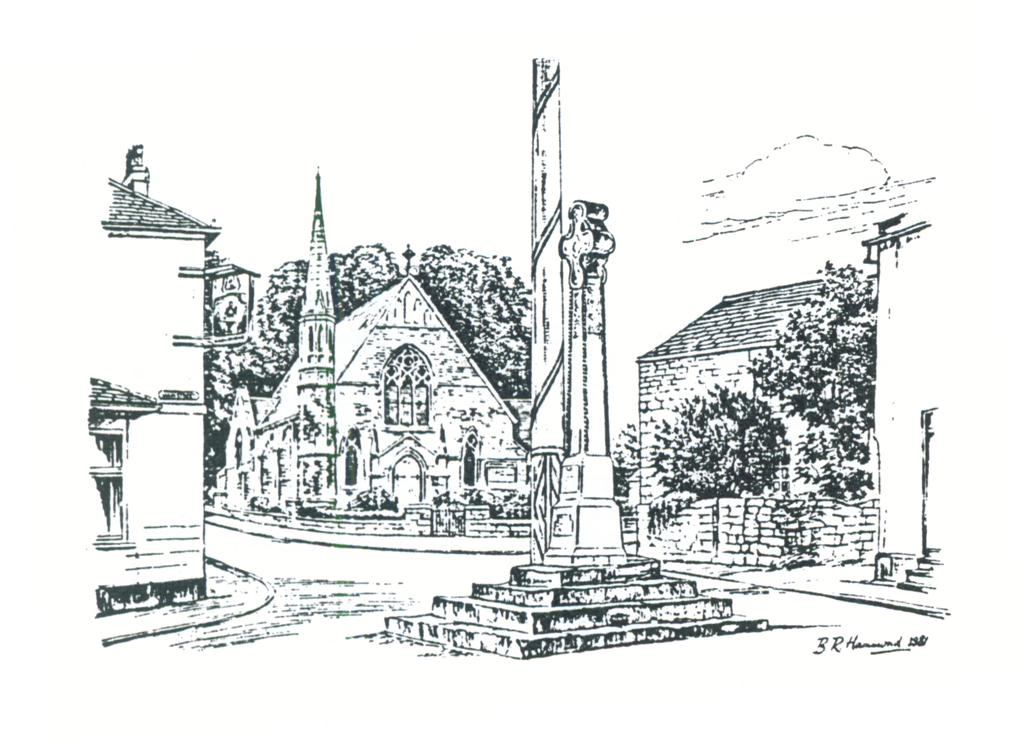 |
| The Chapel |
| - Bart Hammond |
| "Since man to man is so unjust, No man knows what man to trust. I've trusted many to my sorrow. Pay today and trust tomorrow'" |
| "Farewell, shabby Barwick! I bid thee adieu, For where I am going there are sweethearts anew." And she was back next day!. |
 |
| The Chapel |
| - Bart Hammond |
| Note. History that is remembered and passed on by word of mouth to the next generation has recently assumed a greater importance than formerly. The lives of ordinary folk, at home and at work, were rarely described by them in written records. Oral history, whether descriptive or anecdotal, helps to fill this gap, and Barwick-in-Elmet Historical Society will play its part. |